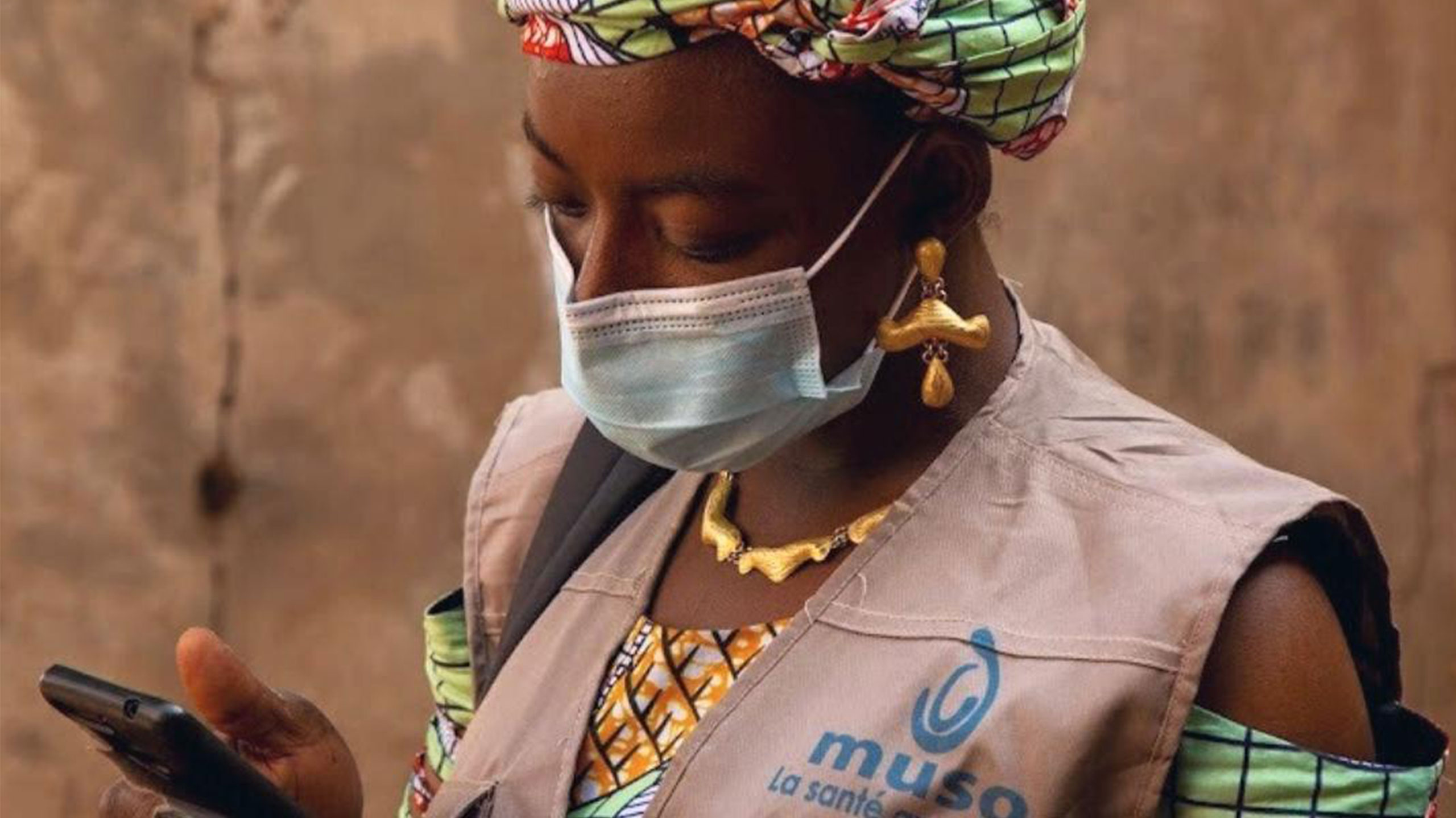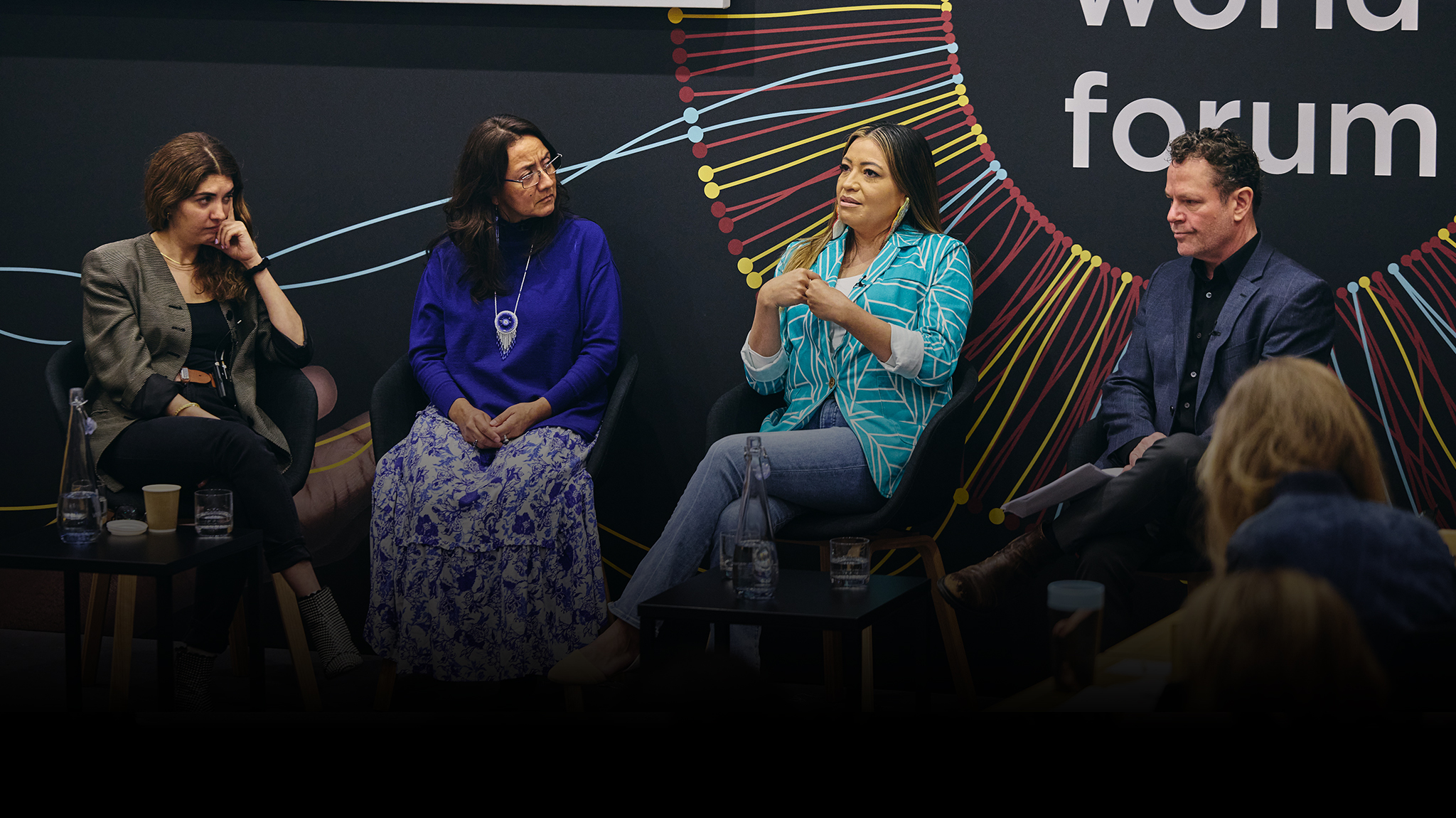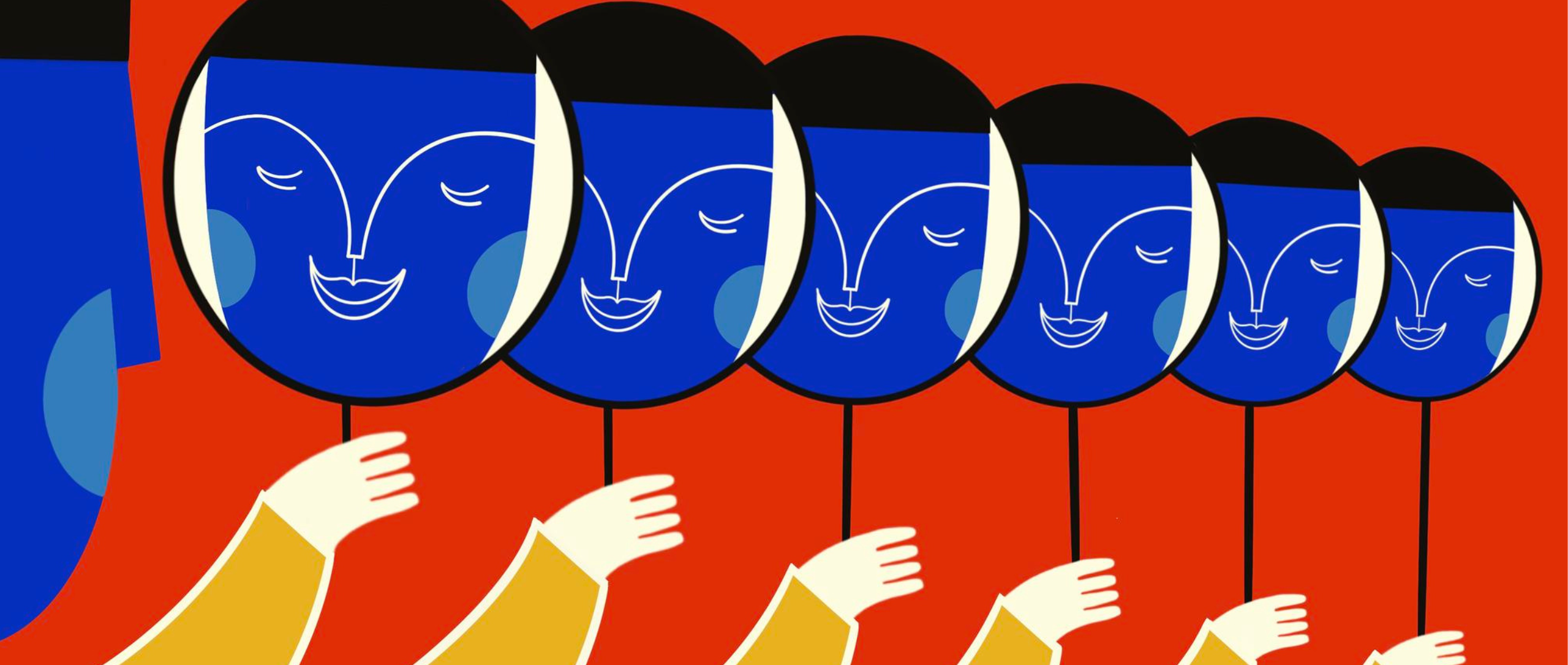No Excuses: Universal Health Coverage is Possible Even in the Toughest Settings
As the world recognizes Universal Health Coverage Day on December 12th, two Skoll community members reflect on their partnership’s progress towards achieving UHC in one of the world’s most challenging settings and the open-source model they’ve built for the world.
By design, the health systems of today too often exclude people from care. To ensure communities can access the care they need and deserve, we need system strengthening and system change at an unprecedented scale.
According to the World Health Organization, half of the world’s population cannot access essential health services, with doctors, nurses, and facilities either inaccessible, unaffordable, or under-resourced. Millions of community health workers (CHWs) worldwide bridge these gaps in health systems. They provide basic health care to the world’s hardest-to-reach communities and link them to the broader healthcare system.
Research spanning several decades shows that CHWs have immense potential to improve maternal and child health outcomes in underserved communities. However, inadequately trained, equipped, or supervised CHWs may have little or no impact at all. In tandem with renewed investments in community health systems, global health stakeholders have been trying to harness the enthusiasm around digital technologies to improve health care. But even after years of interest and effort, many health system technologies still fall short of what health workers and patients need and deserve.
We must rise to the challenge and rebuild health care systems as instruments of justice.
No one should die waiting for health care. Together, we have the tools, the systems, and the evidence to improve coverage and end preventable deaths. Sometimes, this begins by supporting the backbone of health care systems: health providers, including CHWs.
Solving for speed, when time saves lives
For more than seven years, Muso and Medic have collaborated to ask—and answer—the question: What would happen if we designed a different kind of health care? What if we could create a health system that functioned alongside patients, that reached and treated every patient early, in the first moments of their illness?
Together, we activate Muso’s model of providing proactive doorstep care by equipping CHWs with powerful digital tools built upon the open-source Community Health Toolkit (CHT), a digital public good of which Medic serves as steward, centering users and continuously evolving the CHT for their needs.
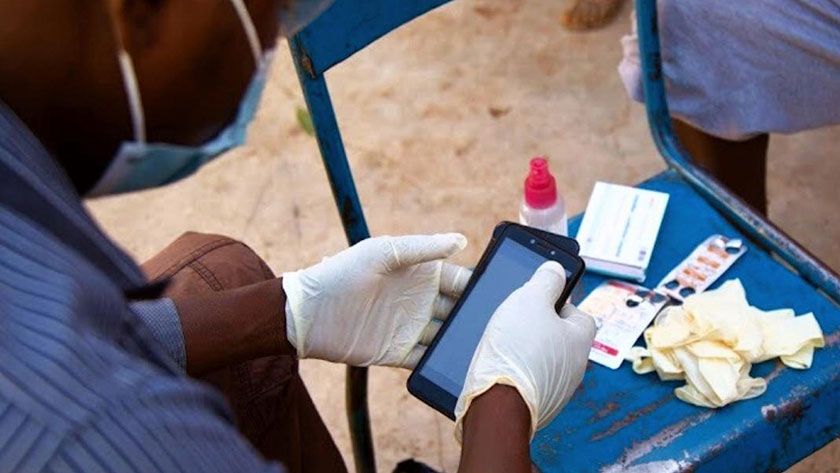
Our partnership has shown the tremendous impact that properly supported CHWs can have on the health of the communities they serve.
- Areas in Mali where Muso works have documented a more than 90 percent difference in child mortality, achieving and maintaining the lowest child mortality rate in sub-Saharan Africa five years running. Building on these findings and their limitations, Muso is now wrapping up an RCT—one of the largest ever in community health—to better understand the impact of this intervention on child mortality and access to health care.
- Within three years of Muso’s intervention in rural Mali, the percentage of children in intervention sites receiving effective treatment for malaria within 24 hours of symptom onset increased from 11 percent to 64 percent.
These incredible feats would not be possible without the speed, tenacity, and dedication of trusted CHWs.
A new model of community-led, digitally-supported care
A new model of care is possible, and it’s led by professionalized, paid, supervised, and digitally-enabled CHWs. Technology can enhance this model, making the case for CHW professionalization and increased support for frontline care teams. Digital tools make work and progress visible, and increase the confidence of policymakers in the quality of care being delivered. In Mali the Ministry of Health has adopted tech tools built and tested by Medic and Muso nationally.
Communities deserve health systems that have proven efficacy.
That’s why our organizations share a commitment to testing everything that we do, remaining accountable to the communities we serve together while advancing proven tools to increase access to health care for all.
In a recent study, Muso CHWs who were supported by a new digital health tool more than doubled the likelihood of CHWs connecting with patients. This tool, dubbed UHC Mode, helps visualize coverage and increase access to care. Designed with health providers and the CHT’s open-source community, the tool proves a potential route to achieving true universal health coverage.
“The application update on our phones have improved my work in many ways, particularly in speed. It is easy to use and has allowed me to increase the swiftness with which I complete my home visits. In the previous version of the app, I had to input the specific home I went to after each visit, which was often slow and time consuming. Now, with the update, the application shows me automatically which homes I should be visiting the next day. This has made my work much easier because it is much quicker and ensures all households are reached when they should be reached.” – Coumba Dicko, CHW
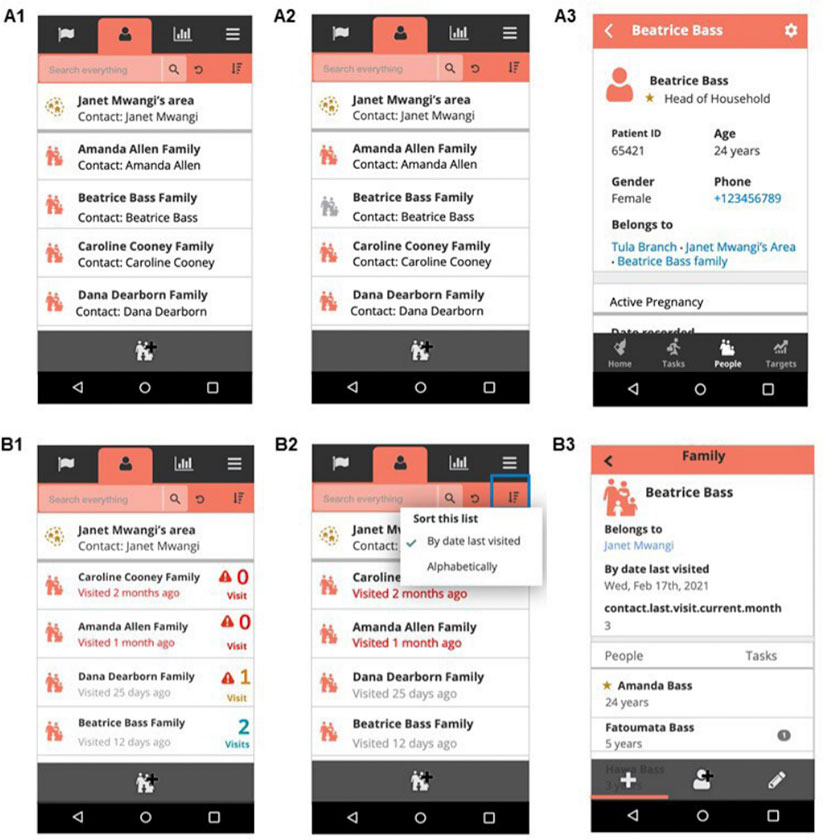
As countries seek to achieve their universal health coverage goals by 2030, digitally-supported Community Health Workers with evidence-based tools like this can lead the charge.
Partnerships for progress toward Universal Health Coverage
We have less than ten years remaining to realize the aims of the Sustainable Development Goals. To close health equity gaps exacerbated by the COVID-19 pandemic, we’ll need evidence-based tools to improve universal health coverage and leave no patient behind. Our progress in Mali shows the impact that the right tools can inspire, even (and especially) in the most difficult context.
“We need many more such tools and strategies focused on front line health workers to respond to the global challenges ahead,” said Nancy Messonnier, Executive Director for Pandemic Prevention and Health Systems at the Skoll Foundation. “Investments in evidence-based solutions, designed with and by the people using them, and with learnings made available for the public good, can bring about a health systems transformation – leaving the world not just ready for the next pandemic, but more just and equitable.”
As we acknowledge Universal Health Coverage Day and enter the final month of the International Year of Health and Care Workers, we’re more hopeful than ever thanks to collaborative action happening across our shared communities. With global campaigns for fair pay, recognition, and support for health workers, leaders like the Community Health Impact Coalition are calling for the world to move from appreciation to action in order to support frontline health workers in meaningful, equitable ways. With the right innovation, partnerships, and local leadership, we can answer that call—together.
Want more stories of transformational change on the world’s most pressing problems? Sign up for our monthly newsletter.
banner image: Muso CHW Aissata Coulibaly inputs data in her Muso app during a home visit in Yirimadio, Mali.
